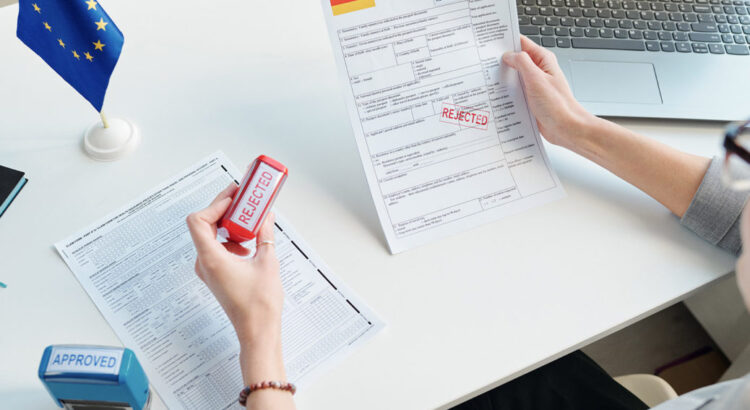Declarations Or Certificates are Legitimate Proofs
Recently, a case was filed in the Kerala High Court, India. Its verdict has the answer of “what if the foreign embassy does not issue a single status certificate”. The source carried an overview of the case.
The foreign embassy neither issued an unmarried certificate nor NOC for an OCI card holder. The petitioner filed a case for the Marriage Officer to accept the declarations and certificates so that they can get their marriage registered in India.
However, the petitioner was not yet married. He originated from India and wanted to solemnize marriage with a British. She was an OCI card holder who applied for the single status proof in the embassy but, did not get it. The reason for rejection was the law, rules, and regulations that are prevalent in the UK.
His concern was to discover if his marriage to a foreign native can be registered in India.
On hearing, the court came up with the verdict that Declarations or Certificates stating that the person is single would be accepted in India for the registration of marriage.
The unmarried Indian petitioner was an NRI. He knocked at the door of the court to cancel a Circular and request the Marriage Officer to accept documents later. His would-be bride and he had all documented proofs. But previously, his request was led down by the officer.
The bride was British and also had an Overseas Citizen of India (OCI) card. She and the petitioner decided to tie a knot for marriage under the provisions of the Special Marriage Act, 1954.
NOC and Single Status Certificate
In this case, the Marriage Officer was respondent 1. For registration and solemnizing marriage, he asked to present a No Objection Certificate (NOC) and Bachelorhood Certificates. The embassy of the foreign country had to issue it, which it did not issue.
The reason was that the British government has paused issuing a Certificate of Impediment or CENOMAR, which is also a No Objection Certificate, to its own natives who want to solemnize marriage in Commonwealth Countries.
This simply happened because of different and separated legislations in England and Wales, Scotland & Northern Ireland.
So, she finally got a Single Status Statutory declaration before a solicitor. Later on, it was apostilled.
Now, the petitioner wanted the court to direct Marriage Office to accept that document and allow for the marriage registration and solemnization.
Verdict or Court Decided to Allow
The High Court gave an order that Respondent 1 (Marriage Officer) accept the declarations or certificates, which are pieces of evidence of the fact that the bearer was Single before marriage.
The Court stated that the marriage should be registered and the evidence should be accepted, even if a foreign Embassy does not issue a Single Status Certificate or NOC. The law, rules, and regulations might be the barrier. But, the registration of marriage is valid so are the documents that the petitioner was presenting.
The Court remarked that no one can be pushed to achieve impossibilities.
Further, it announced that the petitioner had the Single Status Statutory Declaration, which is also attested by the concerned authority. It would be a grave injustice for them. So, the refusal to get married and register would be against the law.
Therefore, the Bench disposed of the petition while ordering the Marriage Officer to accept their proofs in view of the case.
This was a unique case and justice won.
However, the petitioner boy did not require any bachelorhood certificate.
On the flip side, the British government makes it mandatory to provide proof that the marriage was held there.
Then, he has to follow this process for applying for a Single Status Affidavit.
How to Get a Single Status Affidavit/ Certificate in India
- The petitioner has to raise a request with the Indian Embassy.
- Fill up the form (application for the bachelorhood certificate) on its website.
- Enclose these documents to upload with the application:
- An affidavit to prove that he is single
- Address proof (like Bank Passbook, rental agreement, voter ID, nationality card, etc.)
- Passport or visa
- Birth proof (birth certificate, NABC, school certificate or adoption deed or baptism docs)
- Parents’ proof, their voter ID or nationality proof
- Decree Absolute in case of a divorcee
- Death certificate in case of a widowed
- Then, schedule a meeting with the consul.
- Visit on the due date for verification while carrying all original documents.
- Pay the fee and wait for a week to a month. (The processing may be lengthy.)
At the backend, the application will be verified in India. This verification & authentication is called the legalization of documents.
Attestation Process in India
Here, the following authorities are defined as competent authorities to legalise or attest the unmarried proof.
- Sub-Divisional Magistrate (SDM) or District Magistrate (DM)
- Ministry of External Affairs (MEA)
- Embassy
This is the process for getting CENOMAR and its attestation in India.











